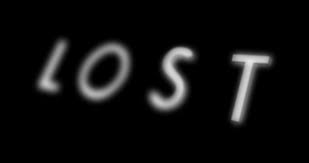
There’s only one episode left of WandaVision on Disney+, and both the excitement and the conversation surrounding the series has reached a fever pitch. Here at Stately Beat Manor, we’re glued to our screens, but one other show has been surfacing in our conversations again and again: LOST!
How did the show about survivors trapped on an island influence a series about suburbanites trapped in a television show? Read on, but beware: spoilers for both shows abound.
Legacy of the LOST
Superficially, there are plenty of similarities between the two series. The narrative tension of both shows, especially in the earlier episodes, was largely derived from the inexplicable situation in which the characters had found themselves. On LOST, that meant the weird situation on the island, and on WandaVision, the mystery took the form of the “Westview Anomaly.” Meanwhile, symbols played a role in both shows, with WandaVision’s Hex occupying a similar mystery-bolstering role as LOST’s Dharma Initiative logo.
Both shows also demonstrated a willingness to use characters as surrogates for audience confusion. In the fourth episode of WandaVision, FBI Agent Jimmy Woo (Randall Park) lists his questions about the Hex on the white board, and many aligned with audience speculation. On LOST, many of the characters voiced the questions asked by the audience, as in the season one episode “Numbers,” in which Hurley Reyes (Jorge Garcia) demands some friggin’ answers.
But another important legacy carried on by LOST and continued by WandaVision is the tradition of “water cooler television.” Following in the footsteps of fans of the Star Trek shows and The X-Files, LOST fans shared their fan theories, book club research, and general enthusiasm over the show via the internet.
Naturally, anyone who has been on social media in the past few weeks has been subjected to their fair share of WandaVision. In addition to plenty of discussion that attempts to sift through the clues dispensed by the show, WandaVision has also followed in the footsteps of the other big Disney+ hit, The Mandalorian, with Agatha being responsible for nearly as many memes as the titular Baby Grogu.
The permeating influence of comics
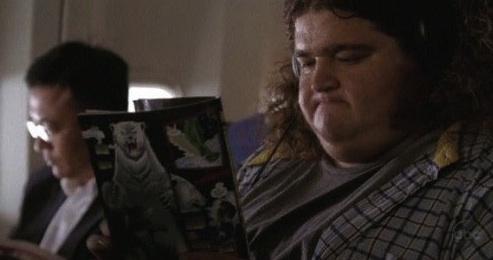
In addition, LOST was always forthcoming about the significant influence comic books held over its DNA (an influence that flowed both ways): Hurley is reading an issue of Green Lantern during the fateful flight of Oceanic 815, a crashed hot air balloon bears a smiley face as a homage to Watchmen, and a third season episode even sees characters arguing over the outcome of a footrace between the Flash and Superman.
This influence extended to a serialized narrative trick that anyone who has read a few issues of a Marvel Comics series will be familiar with: the surprising appearance of a character at the conclusion of the chapter. Just as many Marvel issues end with the turn of a page to a surprising reveal, many LOST episodes concluded with the surprise appearance of a character, and likewise, several WandaVision episodes feature a similar character-revealing punch line.
Villains
Perhaps the most memorable reveal from WandaVision was the revelation that “sassy best friend” Agnes (Kathryn Hahn) has actually been Agatha All Along. The show-stopping number captured the audience’s imagination, and for the week of February 22nd, a lot of us were just sort of humming it non-stop.
The scene-stealing Agatha Harkness calls to mind Benjamin Linus (Michael Emerson), who occupied a similar narrative role on LOST.
The character of Ben was introduced under the guise of Henry Gale, an innocent hot air balloon crash survivor, and his incarceration by the Oceanic survivors thereby raised questions of morality regarding his imprisonment. But in season two’s “Lockdown,” Ben was revealed to be an antagonist in the final moments of the episode.
However, in spite of the fact that Ben was revealed to be something of a villain, he continued to be a favorite character with audiences. Sure, he may have been undertaking unthinkable actions, but he always did so with the sort of snarky one-liner that couldn’t help but win you over. Sound familiar?
An exploration of trauma
Another way that the two shows are similar is the fact that they each have thematic fixations with trauma. Both shows explore this theme by using character-based perspectives combined with the trappings of genre.
In LOST, this meant that the characters couldn’t stop re-living the trauma they had experienced. This included their shared trauma (the crash of Oceanic 815) as well as their individual experiences before boarding the ill-fated jetliner. The show depicted the characters’ inability to move beyond the terrible things they experienced, first figuratively, through flashbacks, and eventually literally, through time travel.
On WandaVision, Wanda’s trauma is thematically centered. After the horrible events she’s faced over the course of the MCU’s Infinity Saga, Wanda reacts to her trauma by rejecting reality and retreating into the comforting familiarity of sitcoms. Like LOST, this is a basic narrative that describes a very real reaction to trauma in our world – take it from me if from no one else, when something truly awful has happened, some individuals will react by finding themselves unable to muster the motivation to do anything beyond click the “Play All” option on their DVD collections of televisions shows.
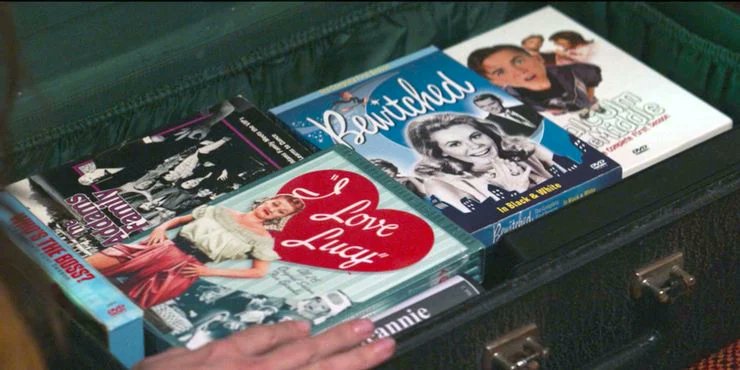
Wanda’s trauma response is transformed into a supernatural occurrence as a result of its expression through the language of the superhero genre: her rejection of reality becomes literal, not figurative. However, like LOST, this is merely a method of using the fantastic to explore a very grounded experience.
Key WandaVision differences
One important difference between WandaVision and LOST is the length of their respective runs. LOST ran for six seasons, beginning in September 2004 and concluding in May 2010.
This meant that LOST had the opportunity to listen to and incorporate audience reaction over the course of the series. This lead to larger roles for fan favorite characters and smaller roles for characters fans didn’t connect with – R.I.P., Nikki and Paulo.
By contrast, WandaVision’s tight nine-episode narrative had concluded filming by the time the first episodes aired eight weeks ago. And while LOST’s earlier seasons suffered from a sometimes-unpredictable airing schedule – not to mention the writer’s strike that shut down production on the show’s fourth season – WandaVision episodes aired on a weekly basis, without interruption, ensuring that just as the conversation around the show began to die down, more fuel was poured onto the fire.
Sticking the superhero landing
As The Beat’s own Deanna Destito has previously observed, the series finale of LOST is unfairly maligned. As Deanna points out, even if you didn’t like how it ended, LOST’s conclusion did align with the groundwork laid by the show’s previous six seasons.
However you felt about the series finale of LOST, it was certainly an event, with the episode even aired live in Times Square. Will WandaVision’s season finale prove as memorable, especially with the next Marvel Cinematic Universe Disney+ series, The Falcon and the Winter Soldier, arriving later this month?
On the one hand, LOST had six years to raise peoples’ expectations for the series finale. But on the other hand, it’s impossible to have visited social media during the past week and not witnessed WandaVision’s detractors gleefully passing around an article with a questionably-phrased headline that claimed fans would be “disappointed” by the show’s finale.
Whatever the overall reaction to WandaVision’s finale proves to be, there is certainly a portion of the internet already preparing to declare it to be “poorly written” and “a huge disappointment,” whether they’ve actually watched the episode or not – shades of the LOST finale, indeed.
We have to go back!
In 2007, when ABC Studios rebranded, LOST was so successful that the ominous numbers (4 8 15 16 23 42) were included as a blink-and-you’ll-miss-it Easter egg in the studio logo.
In 2021, LOST’s influence clearly continues to be present. And with nearly every week for the remainder of the year featuring the release of a new episode of one of the many upcoming MCU Disney+ shows, it’s clear that even if we are gathering around the virtual water cooler, there’s one studio that’s putting in a lot of calculated extra effort to make sure they’re the topic being discussed.
The season (series?) finale of WandaVision will be released for streaming on Disney+ at midnight tonight.


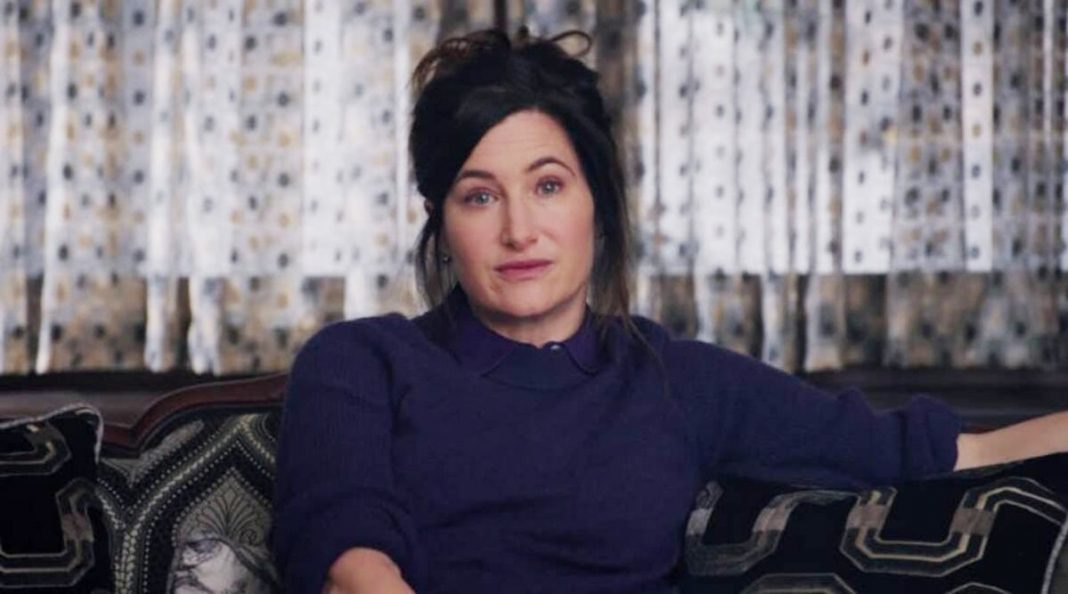
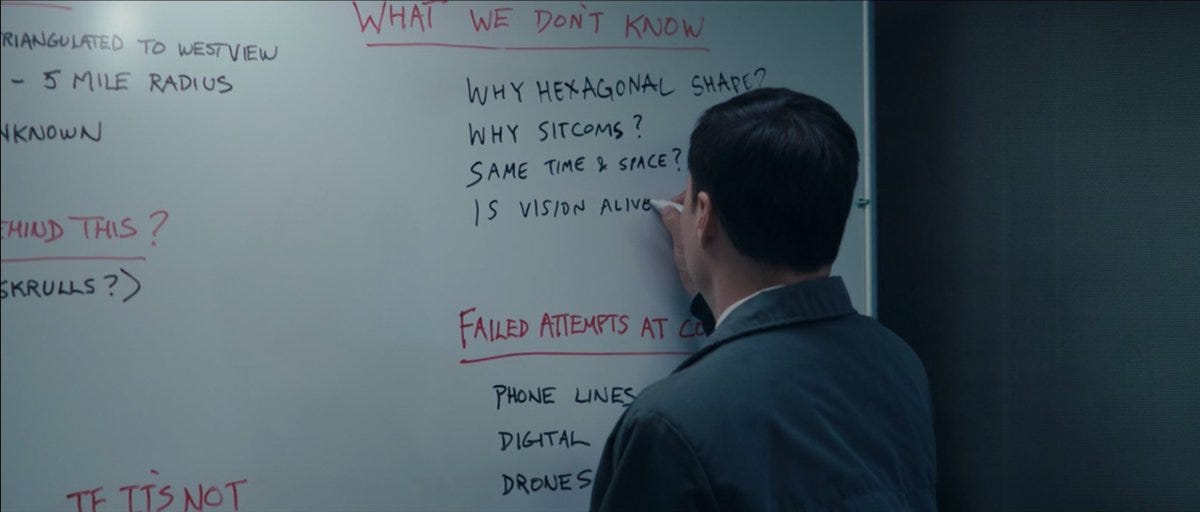
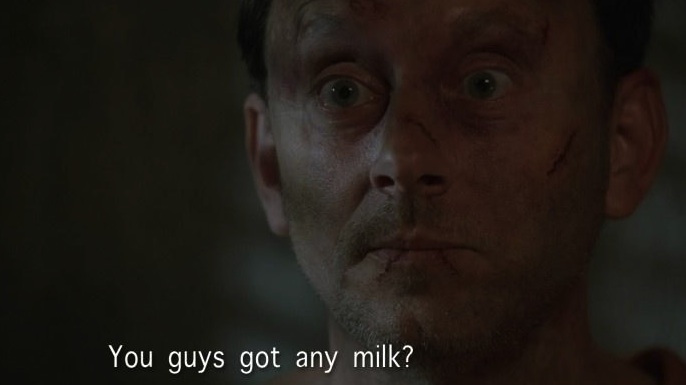
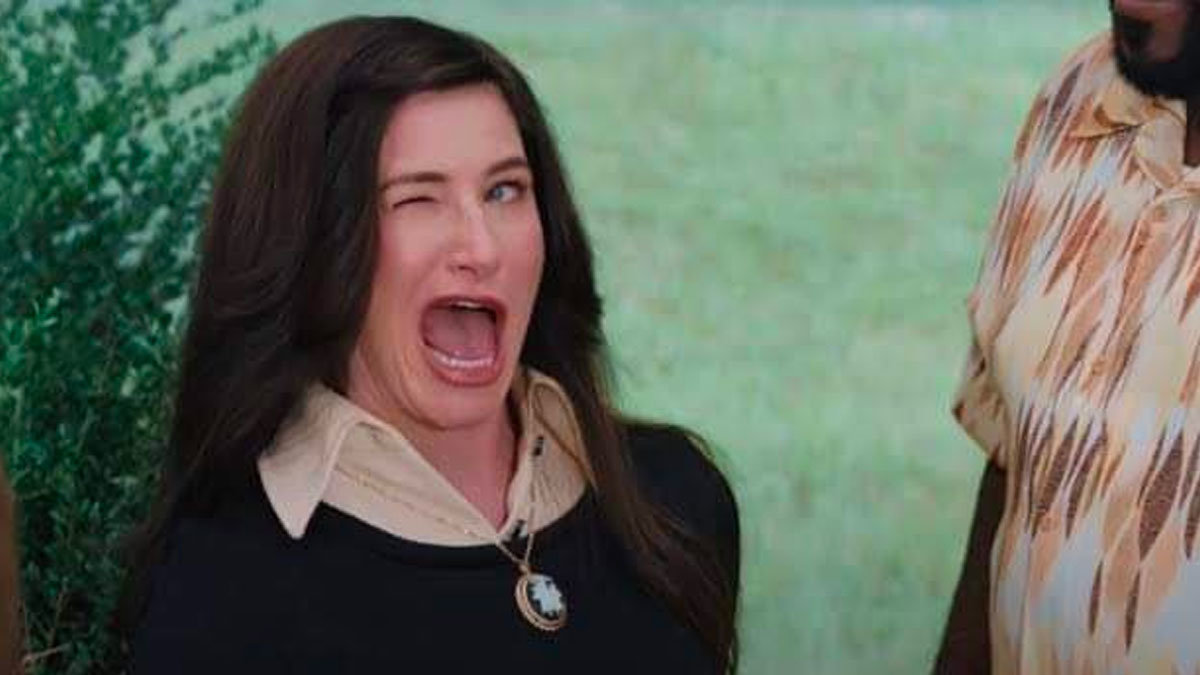

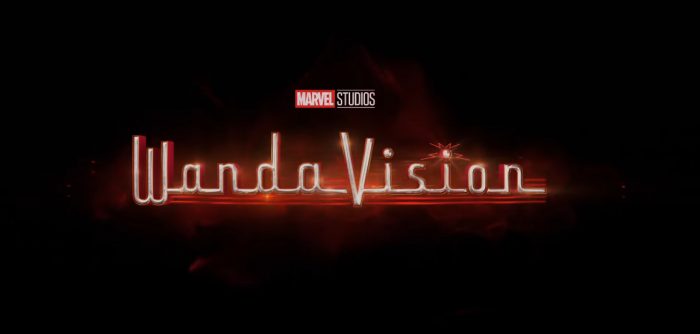

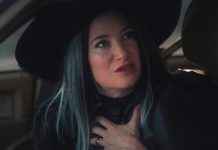



Also on par with LOST, overhyped buildup promises that end up in a disappointingly bland payoff.
Comments are closed.